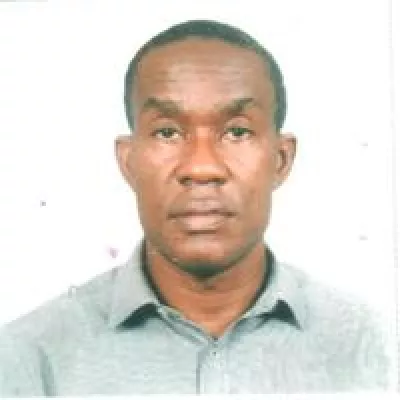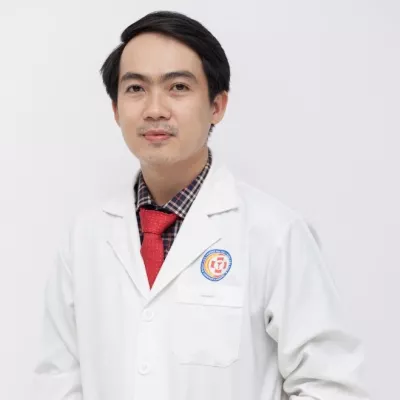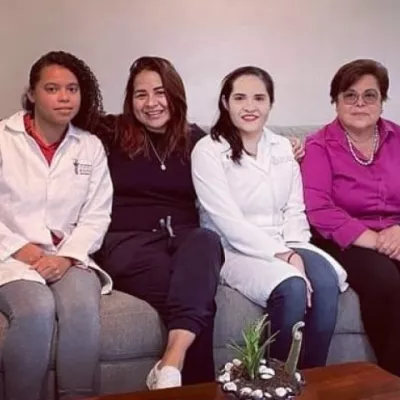
Project description
Public health and environmental policies are designed to respond to changes in population health, which can be assessed through biomonitoring tools. Traditionally, these tools rely on personal healthcare services provided by medical professionals in clinics and hospitals. However, this approach is time-consuming and costly, often resulting in delayed detection of emerging epidemic outbreaks that affect larger segments of the population.
Wastewater-based surveillance (WWBS) offers an alternative by monitoring pathogens at a population level, addressing some of the costs and limitations associated with individual clinical detection. These studies involve analyzing human pathogenic microorganisms found in sewage, providing valuable epidemiological insights about the population residing within the corresponding catchment area.
In Mexico, this approach has yet to be implemented. This project aims to develop and validate a comprehensive methodology for identifying and characterizing antibiotic resistance genes in pathogenic bacteria from a Mexican wastewater treatment plant. Using metagenomics and classical microbiological techniques, the study will consider the technical limitations of the local treatment facilities. The expected outcomes of this project include:
- Methodological advancements: Establishing a standardized, efficient, and reproducible workflow tailored to the Mexican context.
- Pathogen and resistance gene identification: Characterizing pathogens and their resistance genes throughout the year.
- Public health impact: Delivering a detailed report to local health authorities with insights into the current antibiotic resistance status of the population. This information will be critical for developing and implementing antimicrobial stewardship programs aimed at optimizing antibiotic use and reducing mortality associated with antimicrobial resistance.
The findings will provide valuable data to inform public health policies and improve wastewater treatment strategies to minimize AMR dissemination, addressing this major health challenge in Mexico.
3 Questions to Dr. Luz de Maria Breton-Duval
What is the relationship between your project and Microbiota?
The project will enable the identification of pathogens throughout the year, with a specific focus on enteric pathogens that reflect the gut microbiome composition of the local population and the presence of antibiotic-resistant genes. Furthermore, the results obtained from next-generation sequencing will provide insights into key microbiome functions, including vitamin production, carbohydrate digestion, immune system modulation, and bacteriocin synthesis, which are essential for pathogen defense.
How your project can initiate a better understanding of AMR mechanism in wastewater and tackle this major health issue in Mexico?
This project will provide critical insights into the current status of antibiotic resistance within the population. The wastewater treatment plant where the sample will be collected processes water from approximately 12,000 people, offering a representative snapshot of antimicrobial resistance (AMR) patterns in the community. This large-scale approach will enable the identification of prevalent resistance genes and mechanisms present in wastewater, reflecting community-wide antibiotic use and exposure. Such information is fundamental for the development and implementation of antimicrobial stewardship programs aimed at optimizing antibiotic use, reducing the spread of resistance, and mitigating associated mortality. Furthermore, the findings will provide valuable data to inform public health policies and improve wastewater treatment strategies to minimize AMR dissemination, addressing this major health challenge in Mexico.
How the Henri Boulard Award will help your team to perform your project?
This award provides a unique opportunity to accelerate our efforts. The funding will enable us to acquire essential laboratory supplies for sample processing and data analysis. Beyond covering technical needs, this Award highlights the significance of addressing antimicrobial resistance in wastewater and supports the development of evidence-based strategies to improve public health in Mexico.
Henri Boulard Award's winning projects

Orchestrating microbiome in pediatrics: A paradigm shift from maternal health to lifelong wellness via early-Life interventions

Restoring Gut Health in Nigeria’s vulnerable children: The power of Ogi as a probiotic solution

Denormalizing Metronidazole use as first line treatment of acute Diarrhea in Nigeria

Towards eradicating water-borne gut diseases in Nigeria; development of cheap nanosized rice husk-based zeolite water filtration candles for common household usage


Gut microbiome dysbiosis in Hirschsprung-associated enterocolitis in Vietnamese children


Validation of a screening questionnaire designed to evaluate the gut dysbiosis risk and its relationship with the gut ecosystem of Mexican children


Curbing the menace of rotavirus disease in Agbor community and raising awareness on the need for early childhood vaccination


Vaginal microbiota and Cameroonian women's health: mapping and increased awareness


To set up a reproductive health facility to address safe contraception methods and the myths behind the use of Ampiclox Capsule as female contraceptive in Nigeria


Waster-based epidemiology linking the microbiome profile of virus, fungi and bacteria for prediction of COVID-19 pandemic in Thailand as an epidemiological surveillance tool

